6 Mistakes You’re Making That Are Increasing Your Water Bill, Experts Say

Running a household is expensive. On top of your rent or mortgage, you can expect to pay monthly for maintenance, electricity, gas, water, and more. Depending on your habits at home, those bills may be high or low, but one thing is certain: No one likes paying more than they should for these basic amenities. And if you’re wondering why your water bill is so high, experts say it could be because you’re making one of these common mistakes. Read on to learn the simple errors that may be driving up your water bills and springing a leak in your bank accounts—and how to fix them before they cost you big bucks.
READ THIS NEXT: 10 Mistakes You’re Making That Keep Your House Cold, Experts Say.
Why Your Water Bill Is So High
1. You’re not fixing dripping faucets and pipes.
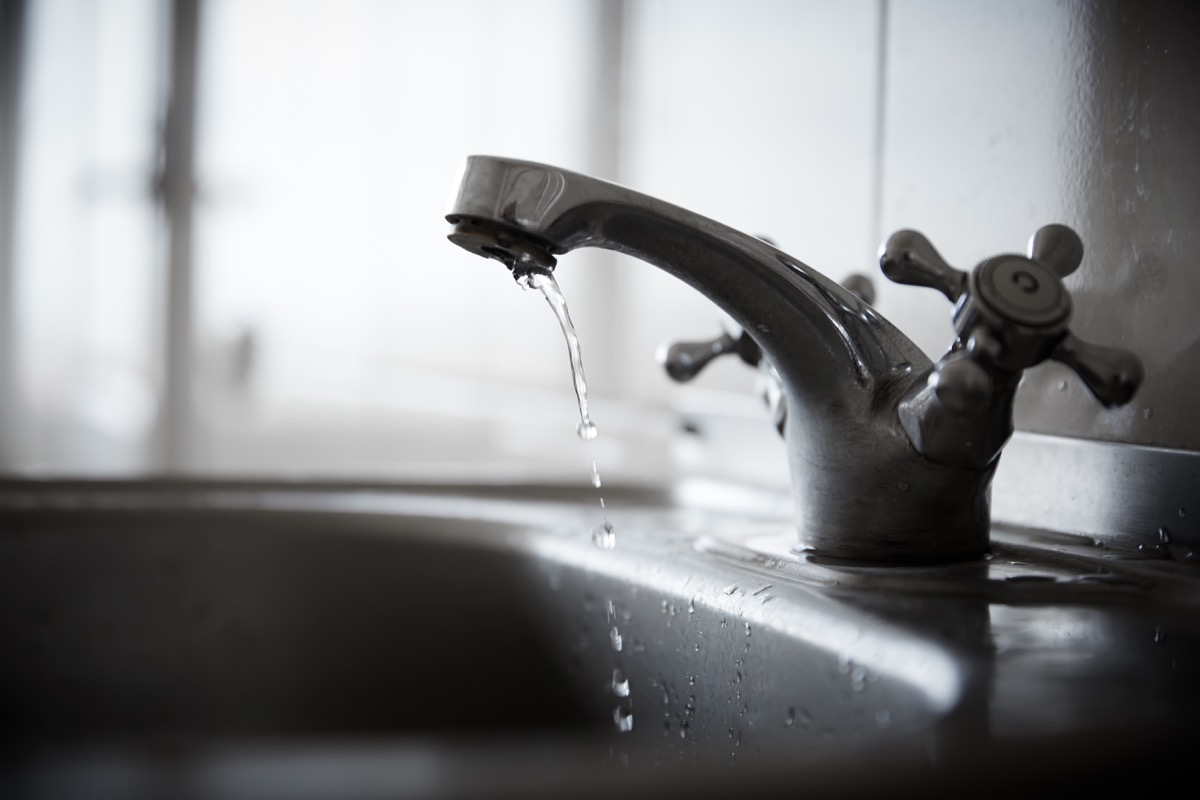
Sometimes, minor home problems can escalate into major home problems—and you won’t know it until the bill arrives. Ryan Fitzgerald, owner of Raleigh Realty, says one of the main ways you may be increasing your water bill is by failing to repair dripping faucets and pipes.
“Over the years, I’ve seen more than a few leaky faucets that tend to drive the bills up more than you’d expect,” says Fitzgerald, recalling one client in particular who had a slow leak in a bathroom faucet. “He shrugged it off initially but was shocked when his water bill came in significantly higher. After repairing the leak, he saw an instant reduction in his next bill.”
Sean Richardson, plumbing expert and owner at Complete Plumbing Solutions, adds that “even a small, seemingly insignificant leak can waste a substantial amount of water over time.”
2. You’re running a half-loaded dishwasher or washing machine.
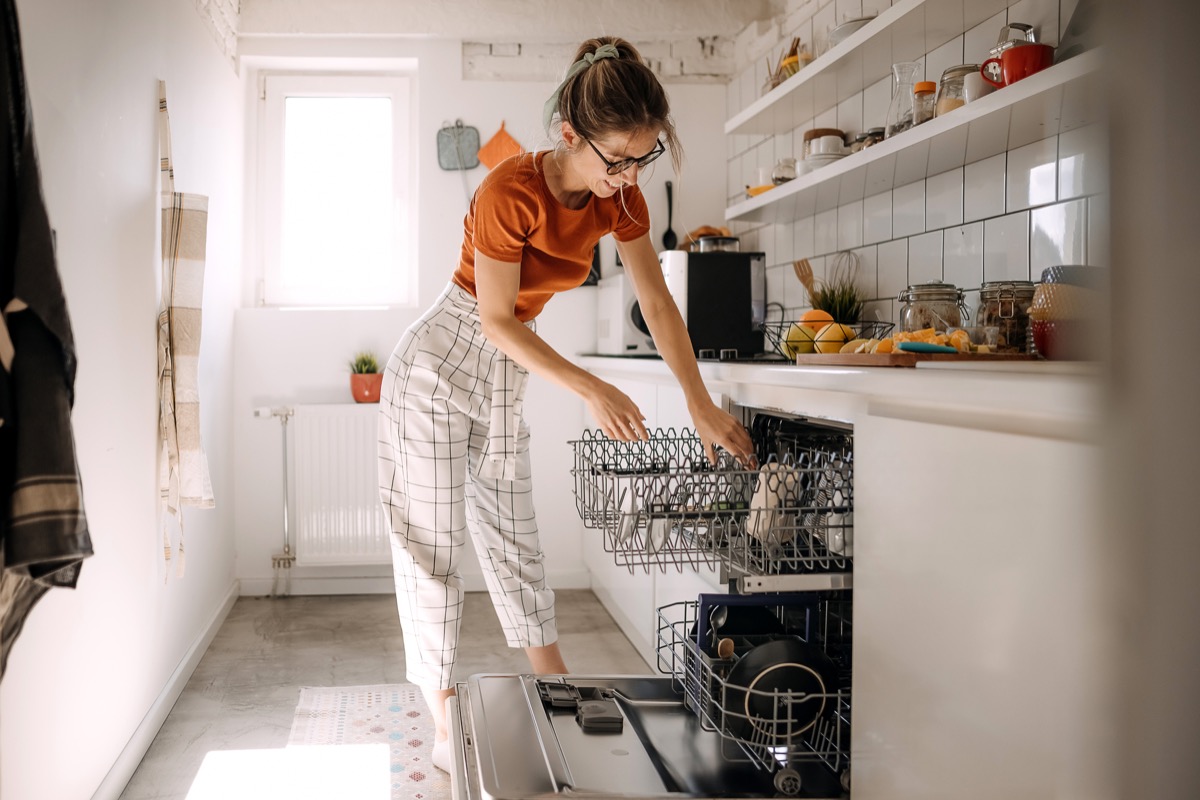
Running half-loaded dishwashers or washing machines is another way you could be driving up your water bill without realizing it.
“This one’s a bit of a sneaky offender,” says Fitzgerald. “It’s tempting to just run these appliances as soon as we have a few dirty dishes or clothes, but they use the same amount of water whether they’re half or fully loaded. Wait till you have a full load and save both water and cash.”
For more home advice sent directly to your inbox, sign up for our daily newsletter.
3. You’re overwatering your garden or lawn.
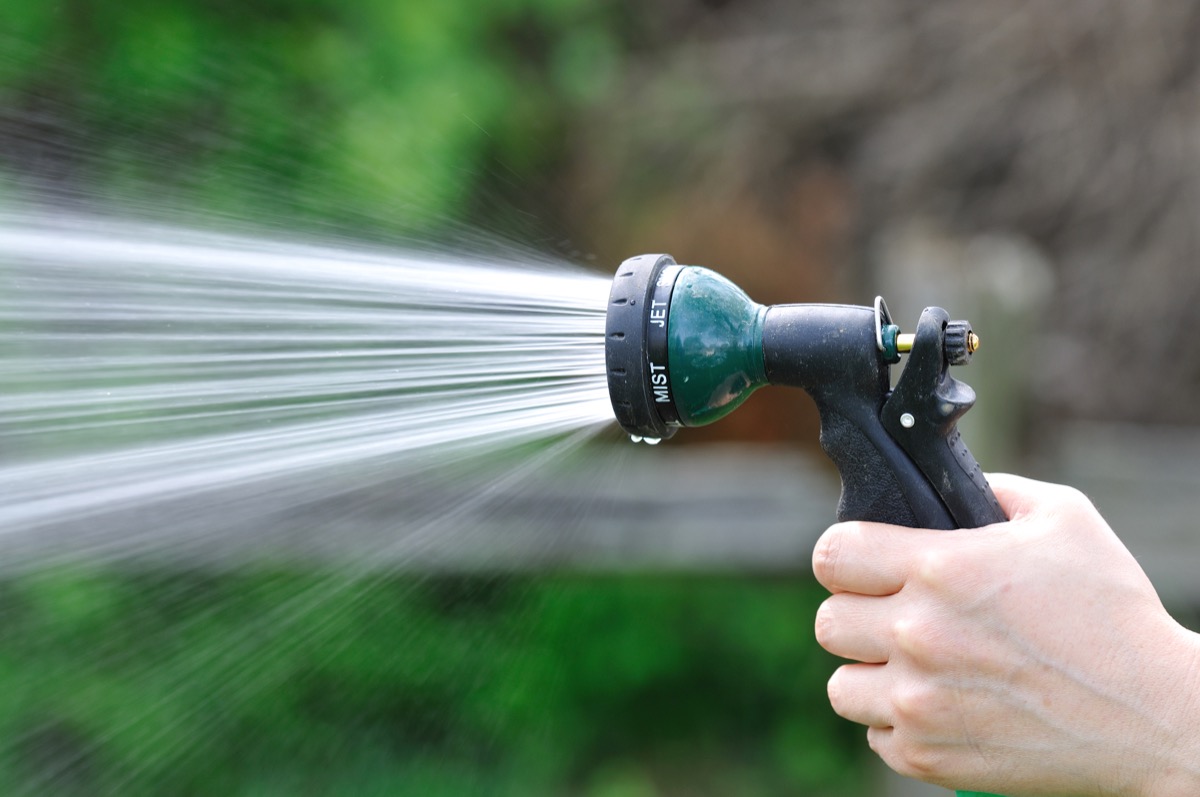
Another common mistake you may be making is overwatering your garden or lawn—especially in the summer months.
“In a bid to keep their outdoor spaces lush, people often overdo it,” Fitzgerald says, adding that an hour of sprinkling can consume about 1,000 gallons of water.
“Many people tend to overestimate the amount of water needed for healthy plant growth,” adds Richardson. “Instead, water your plants efficiently by using a timed irrigation system or watering during cooler times of the day to minimize evaporation and ensure adequate moisture without wastage.”
4. You’re ignoring outdoor leaks.
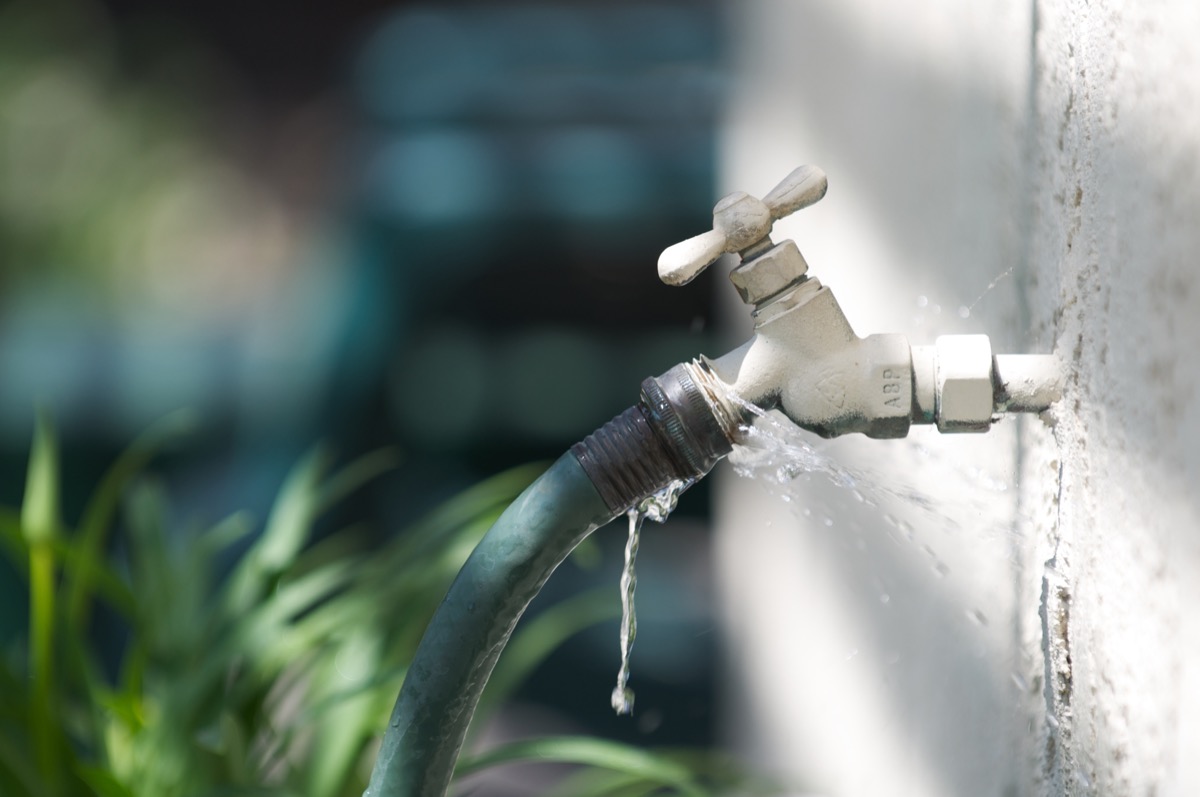
Just as indoor leaks can add up over time, outdoor leaks can cause tremendous water loss—and are more likely to go ignored since they’re not damaging the home’s interior.
“Outdoor leaks, such as in garden hoses, sprinkler systems, or pool equipment, often go unnoticed for extended periods. These leaks can result in substantial water loss and increased bills,” says Richardson. “Regularly inspect and maintain your outdoor water systems, and promptly repair any leaks or damaged equipment.”
READ THIS NEXT: 7 Mistakes You’re Making That Are Increasing Your Heating Bill, Experts Say.
5. You’re not updating your appliances or plumbing fixtures.
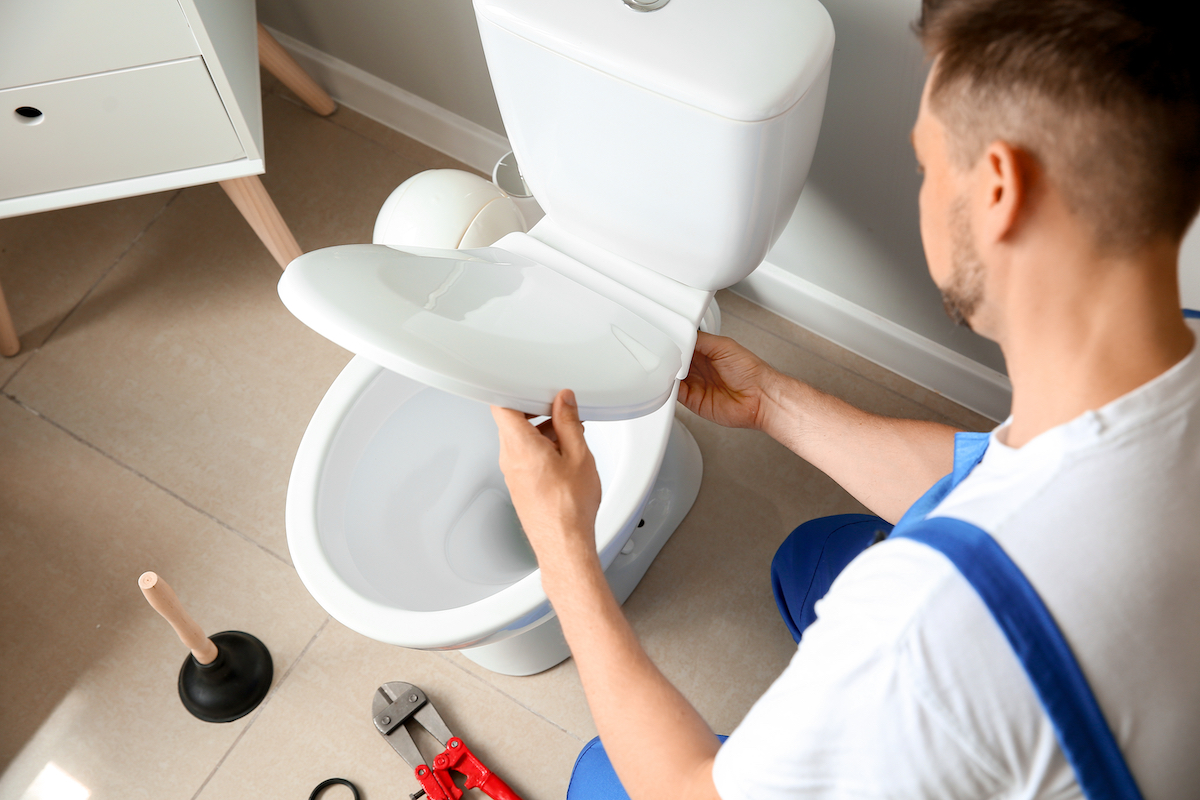
Outdated appliances—such as dishwashers, toilets, washing machines, water filters, and more—could also be driving up your water bill unnecessarily, says Fitzgerald. “Modern appliances and fixtures are designed with water efficiency in mind,” he notes.
To find appliances built to reduce water consumption, look for the WaterSense label, which indicates that the Environmental Protection Agency (EPA) has reviewed it for high water efficiency.
“Upgrading to water-efficient models with a high Energy Star rating can also help reduce water consumption and, consequently, your water bill,” adds Richardson.
6. You’re not covering pools and hot tubs.
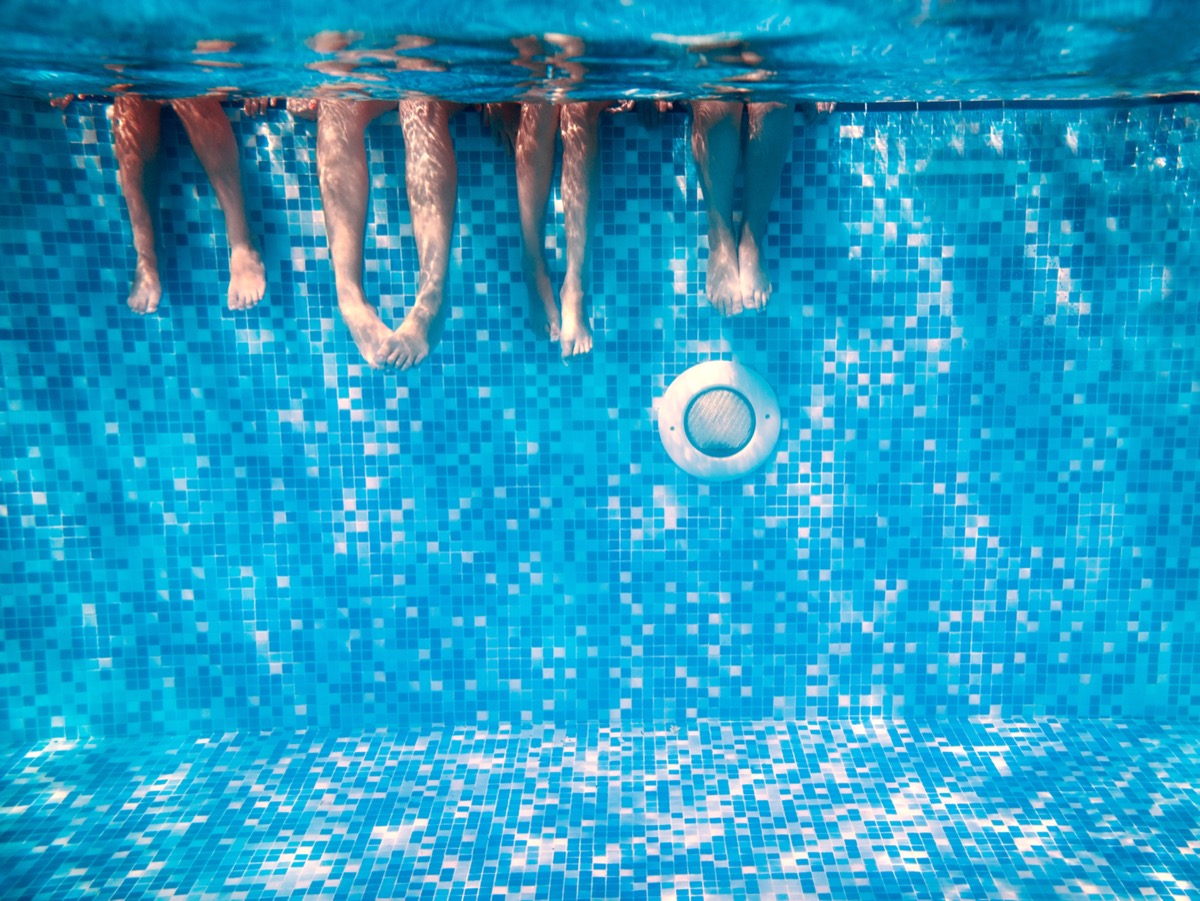
According to the EPA, evaporation from swimming pools contributes to substantial water waste, especially during the warmest summer months.
“Pool owners nationwide can use pool covers to prevent evaporation, reducing the amount of water needed to maintain the pool water level. Pool covers can be used on indoor and outdoor pools, as well as in-ground and above-ground pools, of almost any size or shape. Using a pool cover can prevent up to 95 percent of pool water evaporation,” they write.
Fitzgerald adds that the same is true for hot tubs, which may also require frequent refills if left uncovered.